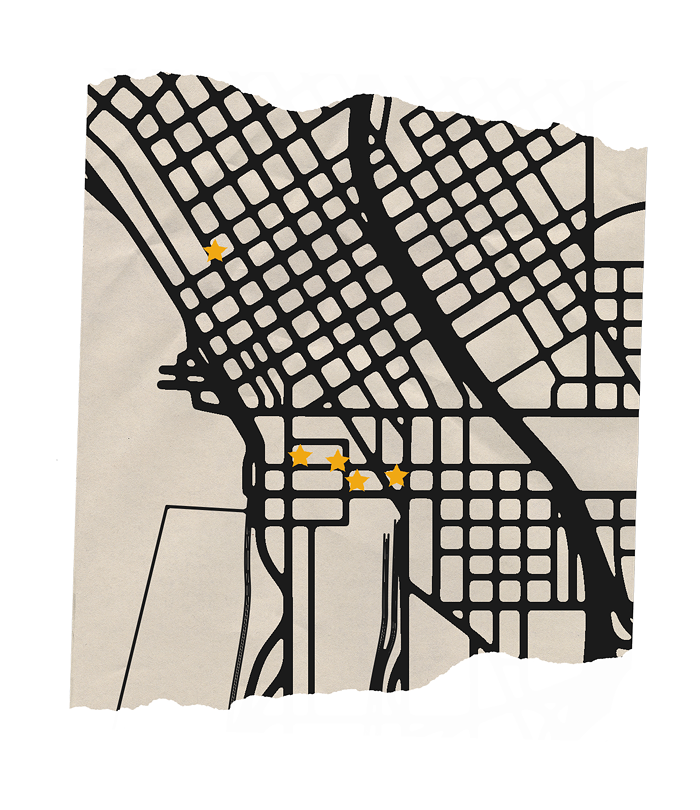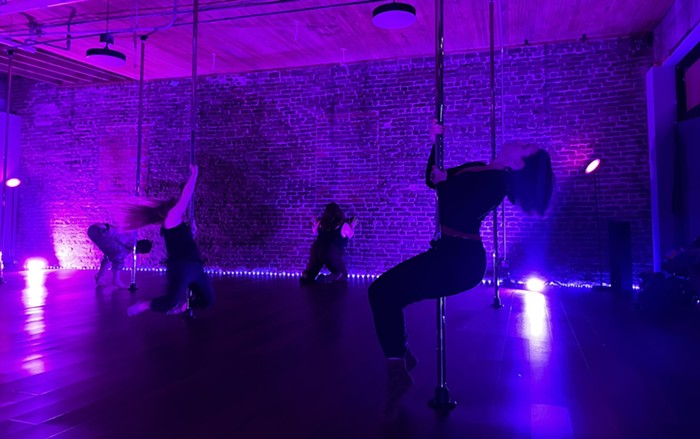
You might want to think twice before spritzing lavender essential oil on your sons. According to a new study, lavender—which the internet (but few doctors) will tell you has been proven to prevent cancer as well as insomnia, stress, anxiety, acne, pain, respiratory disorders, and more—may come with an unexpected side effect: breast growth in prepubescent boys.
The study was presented Monday at the Endocrine Society's 100th annual meeting in Chicago. According to lead researcher J. Tyler Ramsey of the National Institute of Environmental Health Sciences, the study continued previous research that has found that essential oils like lavender and tea tree oil may be endocrine disruptors. "Our society deems essential oils as safe," Ramsey said. "However, they possess a diverse amount of chemicals and should be used with caution because some of these chemicals are potential endocrine disruptors."
Endorcrine disruptors, which include PCBS and phthalates, are chemicals that can interfere with the endocrine system and lead to an array of adverse reproductive, neurological, developmental, and immune system effects in the body of both humans and other animals, and this study found that certain chemicals in the oils boost inhibit testosterone and boost the production of oestrogen.
According to the Endocrine Society, "Researchers at the NIEHS, including Kenneth Korach, PhD, a co-investigator for the new study, previously found laboratory evidence that lavender and tea tree oil have estrogenic (estrogen-like) properties and anti-androgenic (testosterone inhibiting-like) activities, meaning they compete or hinder the hormones that control male characteristics, which could affect puberty and growth." It other words: They give boys tits. The good (or bad?) news is: When the boys were no longer exposed to the substances, their boobs went away.
Essential oils have become an increasingly popular in alternative medicine and wellness in the United States, although, as Rachel Monroe detailed last year in a must-read piece about the essential oil industrial complex in the New Yorker, "there have been very few large-scale, peer-reviewed studies of essential oils’ use on humans, and their conclusions have been relatively modest."



















